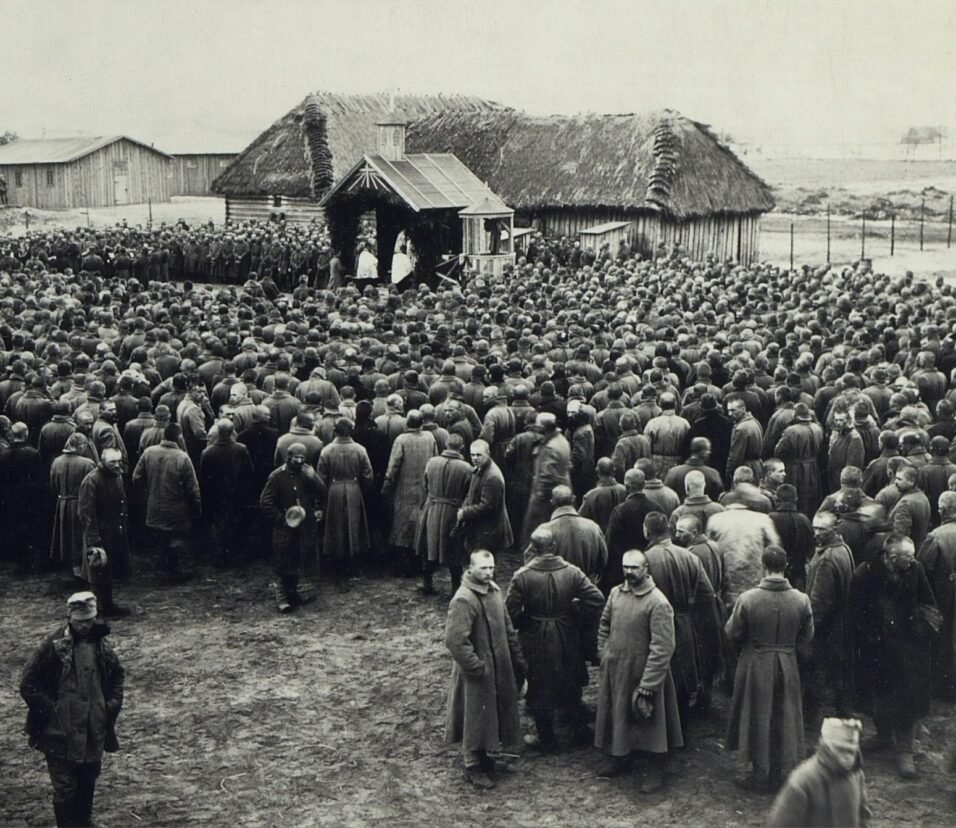Presidential Policies of the Imperialist Era
Introduction
The era between the late 19th and early 20th centuries in the United States is often considered the Imperialist Era. This was a period of unprecedented expansion and influence, both domestically and internationally. The Presidential policies during this era not only shaped the course of American history but also had far-reaching implications on geopolitics. In this article, we’ll explore key Presidential policies that defined American Imperialism, covering Theodore Roosevelt, William H. Taft, and Woodrow Wilson.
Theodore Roosevelt’s “Big Stick” Diplomacy
One of the most iconic phrases associated with American Imperialism is Theodore Roosevelt’s “Speak softly and carry a big stick; you will go far.” This Big Stick Diplomacy was a cornerstone of Roosevelt’s foreign policy.
Expansion of the Navy
One of Roosevelt’s major focuses was on the expansion of the U.S. Navy. He believed that a strong naval force was crucial for protecting American interests abroad. The construction of the Great White Fleet, a force of 16 battleships, was a testament to this policy.
The Panama Canal
A major feather in Roosevelt’s imperialistic cap was the construction of the Panama Canal. Not only did it serve as a strategic military passage, but it also had significant economic implications, facilitating easier trade routes.
Roosevelt Corollary to the Monroe Doctrine
Roosevelt expanded the Monroe Doctrine, essentially stating that the U.S. would intervene in conflicts between European countries and Latin American countries to enforce legitimate claims of the European powers, rather than having the Europeans press their claims directly.
William H. Taft and “Dollar Diplomacy”
William H. Taft, Roosevelt’s successor, had a different approach known as “Dollar Diplomacy.”
Economic Investments
The focus here was on encouraging and protecting American commercial interests abroad, particularly in Latin America and Asia. Essentially, economic power was used as a form of diplomacy to stabilize or increase American influence.
Critics and Failures
However, Taft’s Dollar Diplomacy was not without its critics. Many felt that it served the interests of American businesses rather than the broader good. Moreover, the policy had its share of failures, including unsuccessful interventions in Nicaragua and China.
Woodrow Wilson’s “Moral Diplomacy”
Last but not least, Woodrow Wilson’s term saw the advent of what is often referred to as “Moral Diplomacy.”
Democracy and Peace
Wilson aimed to spread democracy and promote peace. His Fourteen Points were meant to establish a basis for peace and a new world order but had mixed success given the realities of geopolitical conflicts.
The League of Nations
One of Wilson’s most significant contributions was the conceptual framework for the League of Nations, an international organization aimed at maintaining peace, although the U.S. would never join due to Congressional opposition.
This sets the stage for understanding how each President contributed to American Imperialism during this era. In the next part, we’ll delve deeper into the implications and criticisms of these policies, both domestically and internationally.
Roosevelt’s Lasting Influence
Firstly, Roosevelt’s policies led to an unprecedented expansion of American influence. By strengthening the Navy, the U.S. found itself better positioned to protect its overseas territories and trade routes. However, the Roosevelt Corollary led to increased tensions with Latin American nations, as it justified American interventions in their internal affairs.
Taft’s Commercial Agenda
Subsequently, Taft’s Dollar Diplomacy continued the trend of American expansionism but shifted the focus toward economic gains. Regrettably, this often meant that economic interests trumped ethical considerations. For example, the U.S. backed oppressive regimes if they were seen as good for American business.
Wilson’s Contradictions
Moreover, Wilson’s Moral Diplomacy came with its own set of contradictions. While the policy aimed at spreading democracy and peace, it often led to military interventions that seemed to contradict its foundational principles. Despite the idealistic vision of the Fourteen Points, realpolitik often took precedence.
The Anti-Imperialist Movement
First and foremost, there was a substantial Anti-Imperialist movement that criticized the very premise of American Imperialism. Prominent figures such as Mark Twain and Andrew Carnegie were vocal critics, arguing that these policies contradicted American ideals like liberty and equality.
Conclusion
In conclusion, the presidential policies during the Imperialist Era were complex and multi-faceted, each with its own set of pros and cons. These policies, whether they were Roosevelt’s Big Stick Diplomacy, Taft’s Dollar Diplomacy, or Wilson’s Moral Diplomacy, had a lasting impact on America’s role in the world, as well as its internal socio-political dynamics.
By understanding these policies, we can gain a comprehensive view of American Imperialism: its motivations, its implementations, and its far-reaching implications both domestically and internationally. This period serves as a testament to the complex interplay between power, ethics, and geopolitics, a legacy that continues to influence American foreign policy to this day.
This brings us to the end of our deep dive into the presidential policies of the Imperialist Era. We’ve navigated through the complex labyrinth of geopolitical strategies, public opinion, ethical considerations, and their lasting impact. It’s a chapter of American history that offers valuable insights into the intricate relationship between power and policy, a lesson as relevant today as it was then.








